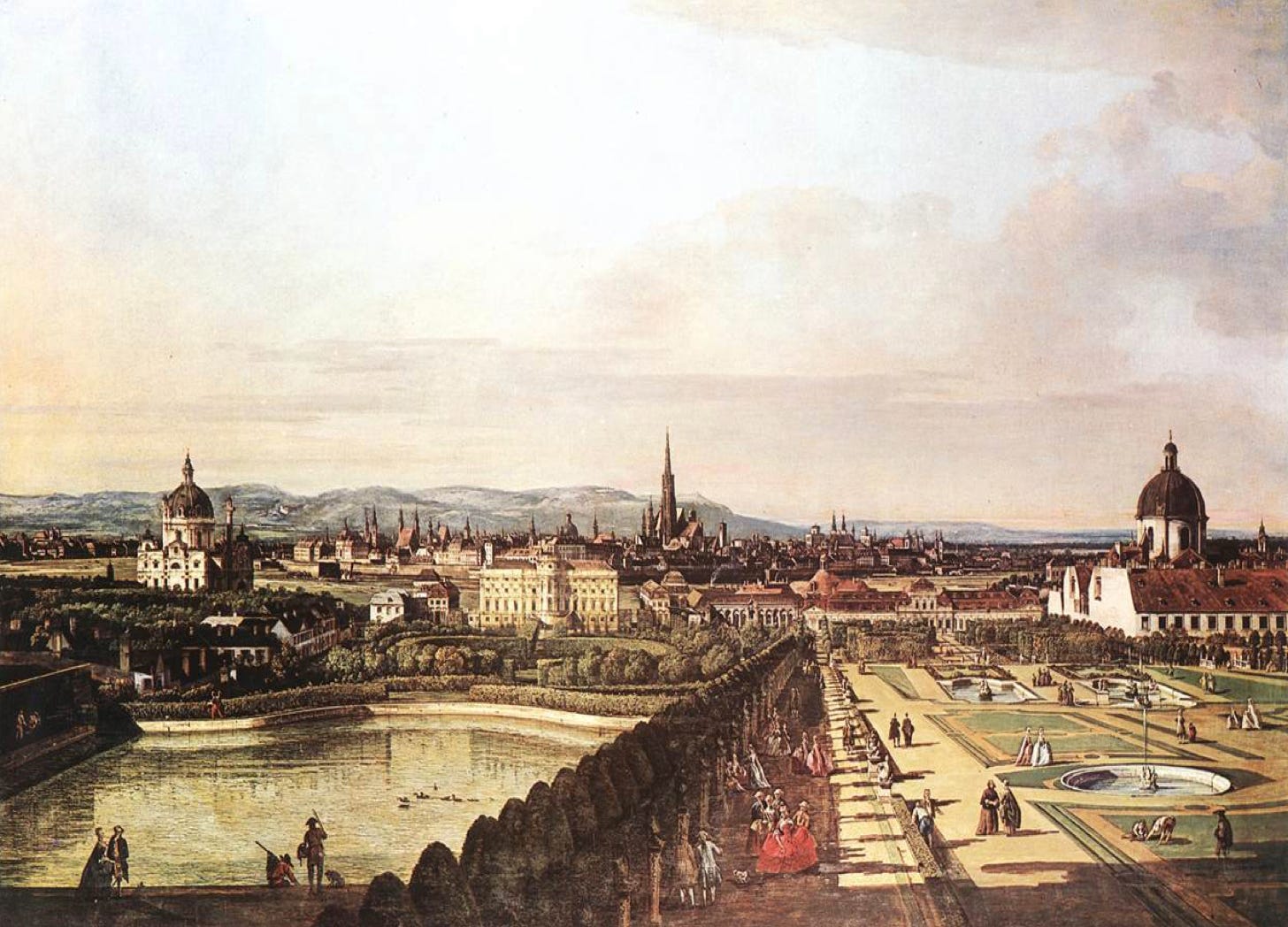
In the course of his delightfully thorough account of the youth of Ludwig von Mises, Jörg Guido Hülsmann treats his readers (and, as in my own case, his listeners) to the thoughts of that great economist on the benefits of reading history.
It opens the mind toward an understanding of human nature and destiny. It increases wisdom. It is the very essence of that much misinterpreted concept, a liberal education. It is the foremost approach to humanism, the lore of the specifically human concerns that distinguish man from other living beings.Personal culture is more than mere familiarity with the present state of science, technology, and civic affairs. It is more than acquaintance with books and paintings and the experience of travel and of visits to museums. It is the assimilation of the ideas that roused mankind from the inert routine of a merely animal existence to a life of reasoning and speculating. It is the individual’s effort to humanize himself by partaking in the tradition of all the best that earlier generations have bequeathed.
Impressed by the wisdom of these two citations, I went looking for it in the work in which it had made its debut. Thanks to the good people at Archive.org, I quickly found the pages that I sought, the section of Theory and History in which ‘the last knight of liberalism’ made a conservative case for the systematic study of the past. Better yet, I discovered a pair of neighboring passages about the immediate advantages that accrue to those who walk in Clio’s garden.
As the first of these explains that, in the course of explaining the context of worthy works wrought in days of yore, history assists the would-be doers of laudable deeds make sense of their surroundings. (To use the favorite verb of John R. Boyd, himself an aficionado of the writings of Professor Mises, history helps men of action orient themselves.) The second of the book-ends makes the case that immersing ourselves in history both inspires us to undertake challenging projects and, at the same time, reminds us that such achievements lie within the realm of possibility.
Sources:
Jörg Guido Hülsmann Mises: The Last Knight of Liberalism (Auburn: The von Mises Institute, 2007) page 43
Ludwig von Mises Theory and History (New Haven: Yale University Press, 1957), pages 293 and 294
For Further Reading:




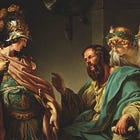
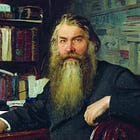
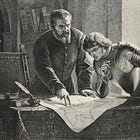
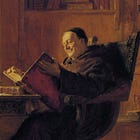
A generation which ignores history has no past — and no future. Robert A. Heinlein
As an Historian, I concur. History is the story we tell ourselves about who we are. The richer and more complete that story, the more complete we are. And the better equipped to deal with the uncertainties of the future.